Occupational Therapy With Jesse Ausec
April 26, 2022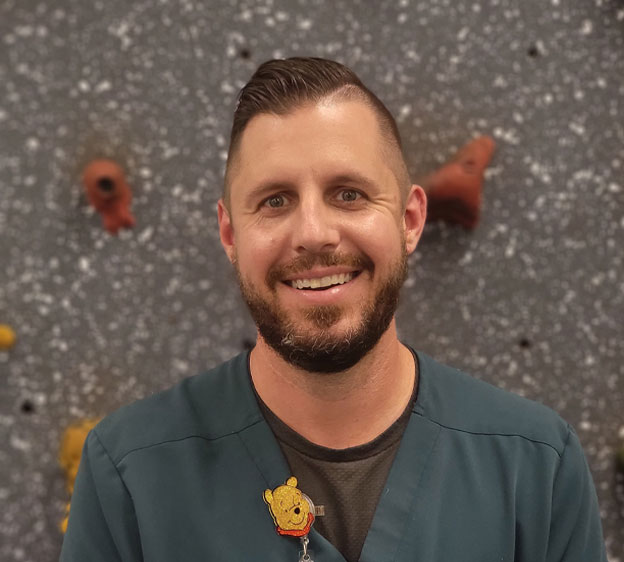
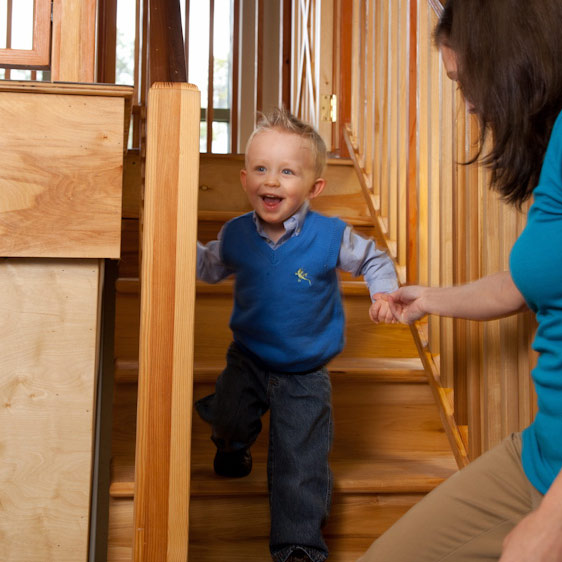 Jesse Ausec is an occupational therapist at Beaufort Memorial. Many people don’t know exactly what occupational therapy is or how it differs from physical therapy. That’s why we’ve gotten together with him to shed some light on the role of an occupational therapist in helping you live well.
Jesse Ausec is an occupational therapist at Beaufort Memorial. Many people don’t know exactly what occupational therapy is or how it differs from physical therapy. That’s why we’ve gotten together with him to shed some light on the role of an occupational therapist in helping you live well.
How do you define occupational therapy?
Jesse: When describing the role of an occupational therapist, it is important to clarify what the term “occupation” refers to in this context. A common misconception is that we focus on an individual’s job performance, since we often refer to jobs as our occupation. Within the scope of occupational therapy though, “occupation” refers to an individual’s meaningful everyday activities and roles, which vary depending on the age of the individual the OT is working with.
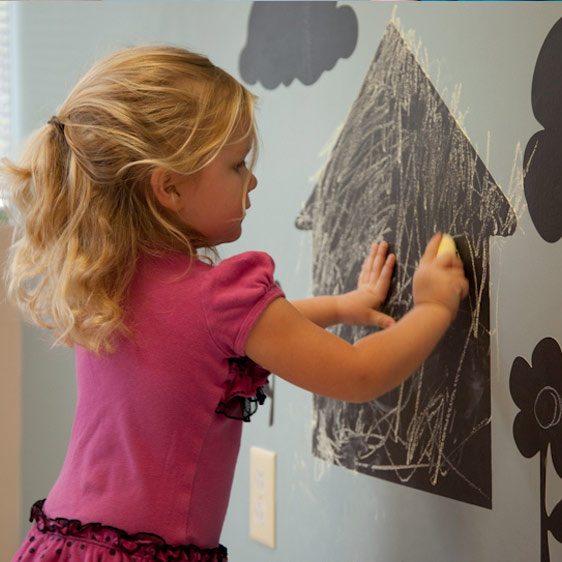 Occupations for children might include simple feeding and dressing tasks, completing school-related tasks (scissors, coloring, etc.), successfully engaging and playing with peers, and successfully navigating a playground. For adults, occupations can include their actual job, managing a household, self-care tasks, enjoying leisure activities, or anything else that fills their day. Occupational therapy is the rehab process that helps people increase their independence and success when completing those specific meaningful daily activities.
Occupations for children might include simple feeding and dressing tasks, completing school-related tasks (scissors, coloring, etc.), successfully engaging and playing with peers, and successfully navigating a playground. For adults, occupations can include their actual job, managing a household, self-care tasks, enjoying leisure activities, or anything else that fills their day. Occupational therapy is the rehab process that helps people increase their independence and success when completing those specific meaningful daily activities.
How would you compare occupational therapy to physical therapy?
Jesse: Occupational therapy and physical therapy definitely have some similarities, but there are key differences. Physical therapy focuses on improving movement and mobility while targeting a specific impairment or injury and using a variety of stretches, exercises and other techniques to improve function.
In contrast, occupational therapy takes a more holistic approach, encompassing a patient’s physical, psychosocial, behavioral, cognitive and sensory skills as well as the environment and the meaningful activity. Considering all of these aspects, OTs assist people in gaining skills, restoring previously held skills, and adapting or modifying activities to ensure they are able to successfully engage in the meaningful occupations and roles that fill their day. Treatments typically include having patients complete the actual activity or aspects of an activity within the therapy sessions.
Who can benefit from occupational therapy?
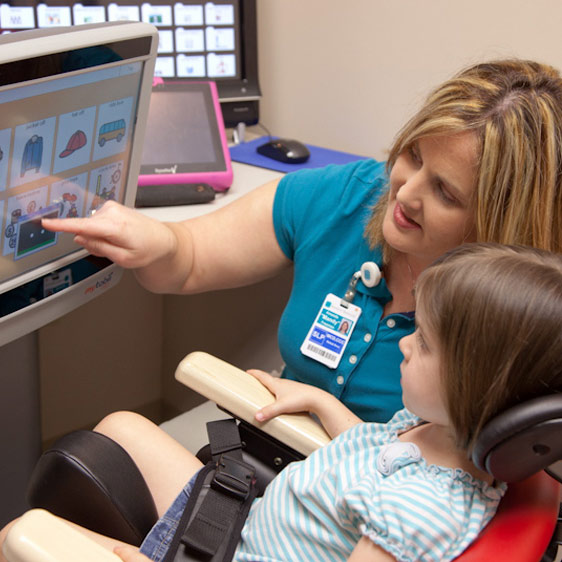 Jesse: Occupational therapy may be beneficial for anyone from infants to older adults. In early childhood, occupational therapy might address difficulties that result from birth trauma, prematurity, a specific developmental diagnosis or general developmental delays. In adulthood, occupational therapy might address cognitive and physical difficulties that may result from an injury, illness or new diagnosis. Occupational therapy is also beneficial for assisting older adults with maintaining their safety and functional independence when completing home and community activities important to their lifestyle.
Jesse: Occupational therapy may be beneficial for anyone from infants to older adults. In early childhood, occupational therapy might address difficulties that result from birth trauma, prematurity, a specific developmental diagnosis or general developmental delays. In adulthood, occupational therapy might address cognitive and physical difficulties that may result from an injury, illness or new diagnosis. Occupational therapy is also beneficial for assisting older adults with maintaining their safety and functional independence when completing home and community activities important to their lifestyle.
Read More: Occupational Therapy and Autism
What’s your favorite part of your job as an occupational therapist?
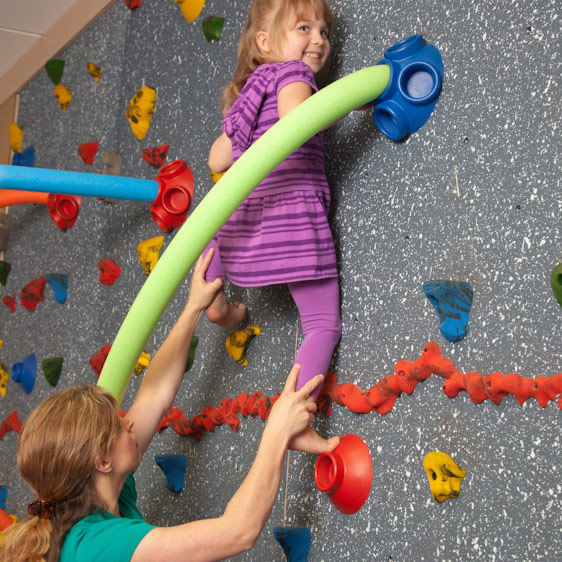 Jesse: As a pediatric OT, being able to (skillfully) play for a living! In pediatric occupational therapy, all skills are addressed through and embedded within a play setting, so it becomes more of a playdate for a child rather than a therapy appointment. I also have a passion for serving as a fieldwork supervisor to OT students, a position that provides me with the opportunity to share my knowledge, skills and passion for the wonderful world of pediatric occupational therapy with soon-to-be OTs!
Jesse: As a pediatric OT, being able to (skillfully) play for a living! In pediatric occupational therapy, all skills are addressed through and embedded within a play setting, so it becomes more of a playdate for a child rather than a therapy appointment. I also have a passion for serving as a fieldwork supervisor to OT students, a position that provides me with the opportunity to share my knowledge, skills and passion for the wonderful world of pediatric occupational therapy with soon-to-be OTs!
Learn more about occupational therapy at Beaufort Memorial by calling 843-522-5630.
